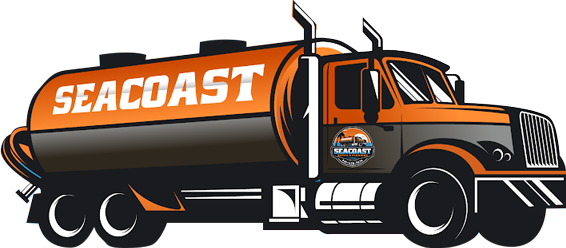Skip to content
Dos
- Check with the local regulatory agency or inspector/pumper if you have a garbage disposal unit to make sure that your septic system can handle this additional waste.
- Check with your local health department before using additives. Commercial septic tank additives do not eliminate the need for periodic pumping and can be harmful to the system.
- Use water efficiently to avoid overloading the septic system. Be sure to repair leaky faucets or toilets. Use high-efficiency fixtures.
- Use commercial bathroom cleaners and laundry detergents in moderation. Many people prefer to clean their toilets, sinks, showers, and tubs with a mild detergent or baking soda.
- Check with your local regulatory agency or inspector/pumper before allowing water softener backwash to enter your septic tank.
- Keep records of repairs, our pumpings, inspections, permits issued, and other system maintenance activities.
- Learn the location of your septic system. Keep a sketch of it with your maintenance record for service visits.
- Have your septic system inspected and pumped as necessary by a licensed inspector/contractor.
- Plant only grass over and near your septic system. Roots from nearby trees or shrubs might clog and damage the drainfield.
Don’ts
- Your septic system is not a trash can. Don’t put dental floss, feminine hygiene products, condoms, diapers, cotton swabs, cigarette butts, coffee grounds, cat litter, paper towels, latex paint, pesticides, or other hazardous chemicals into your system.
- Don’t use caustic drain openers for a clogged drain. Instead, use boiling water or a drain snake to open clogs.
- Don’t drive or park vehicles on any part of your septic system. Doing so can compact the soil in your drainfield or damage the pipes, tank, or other septic system components

